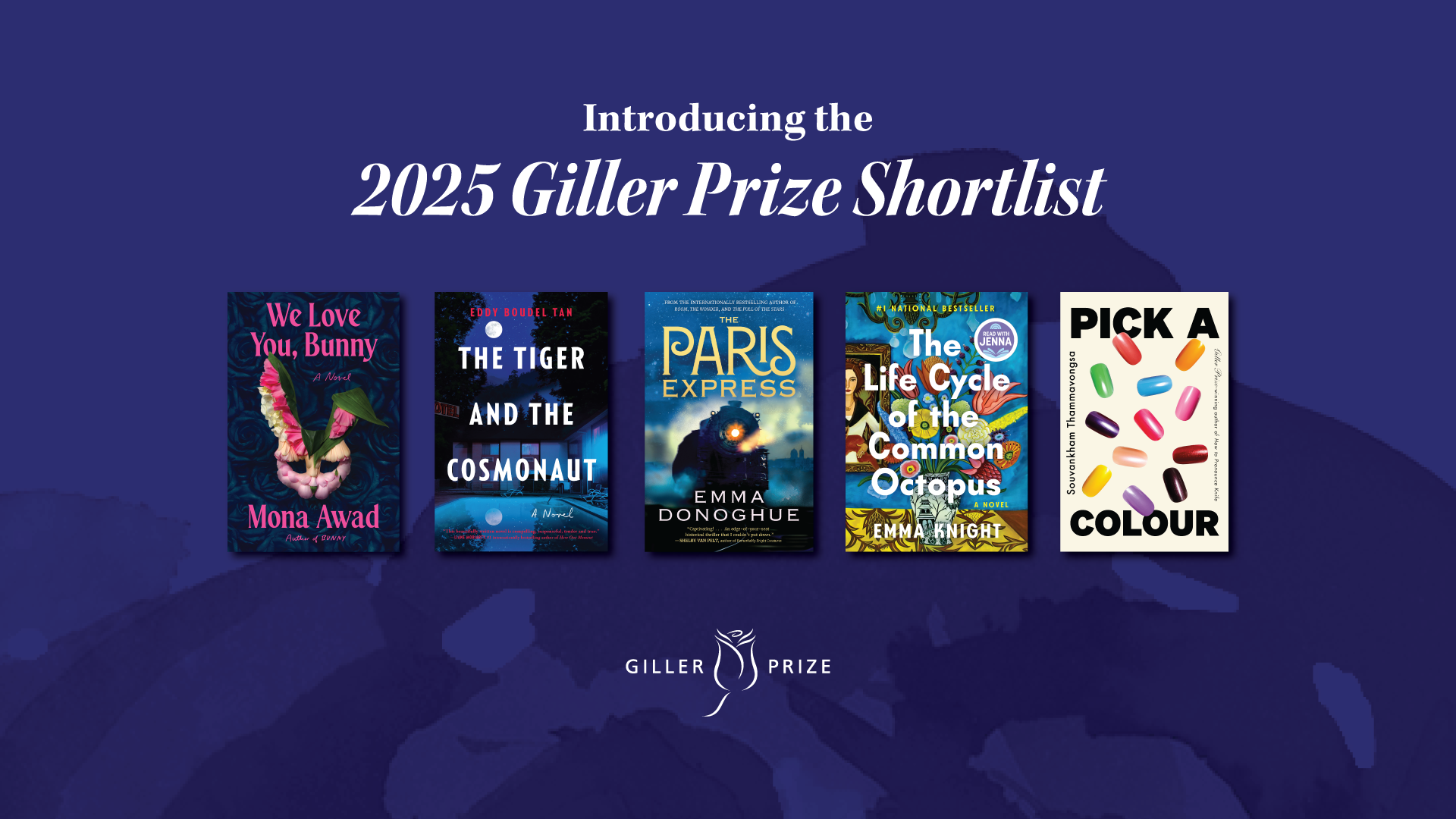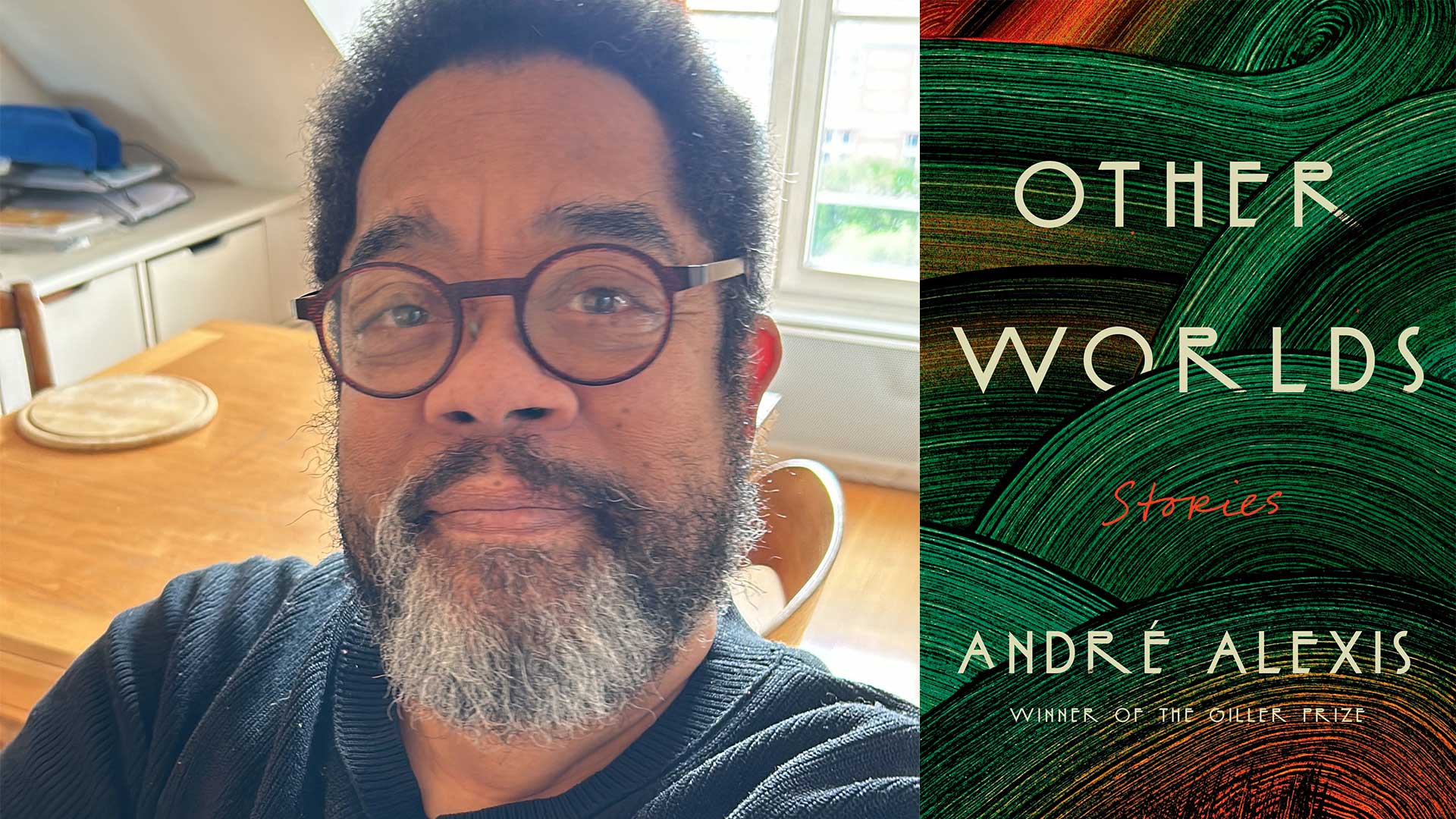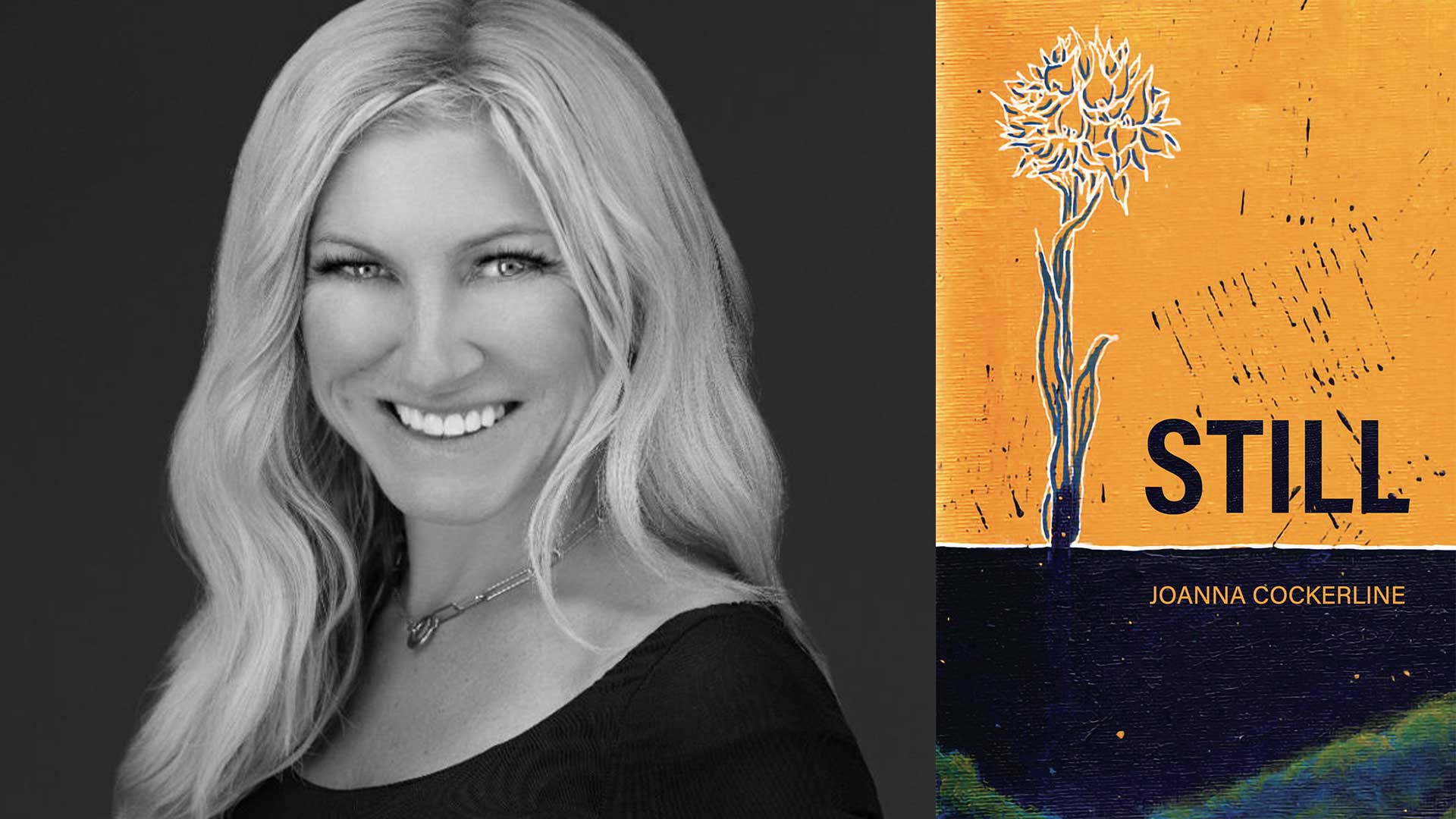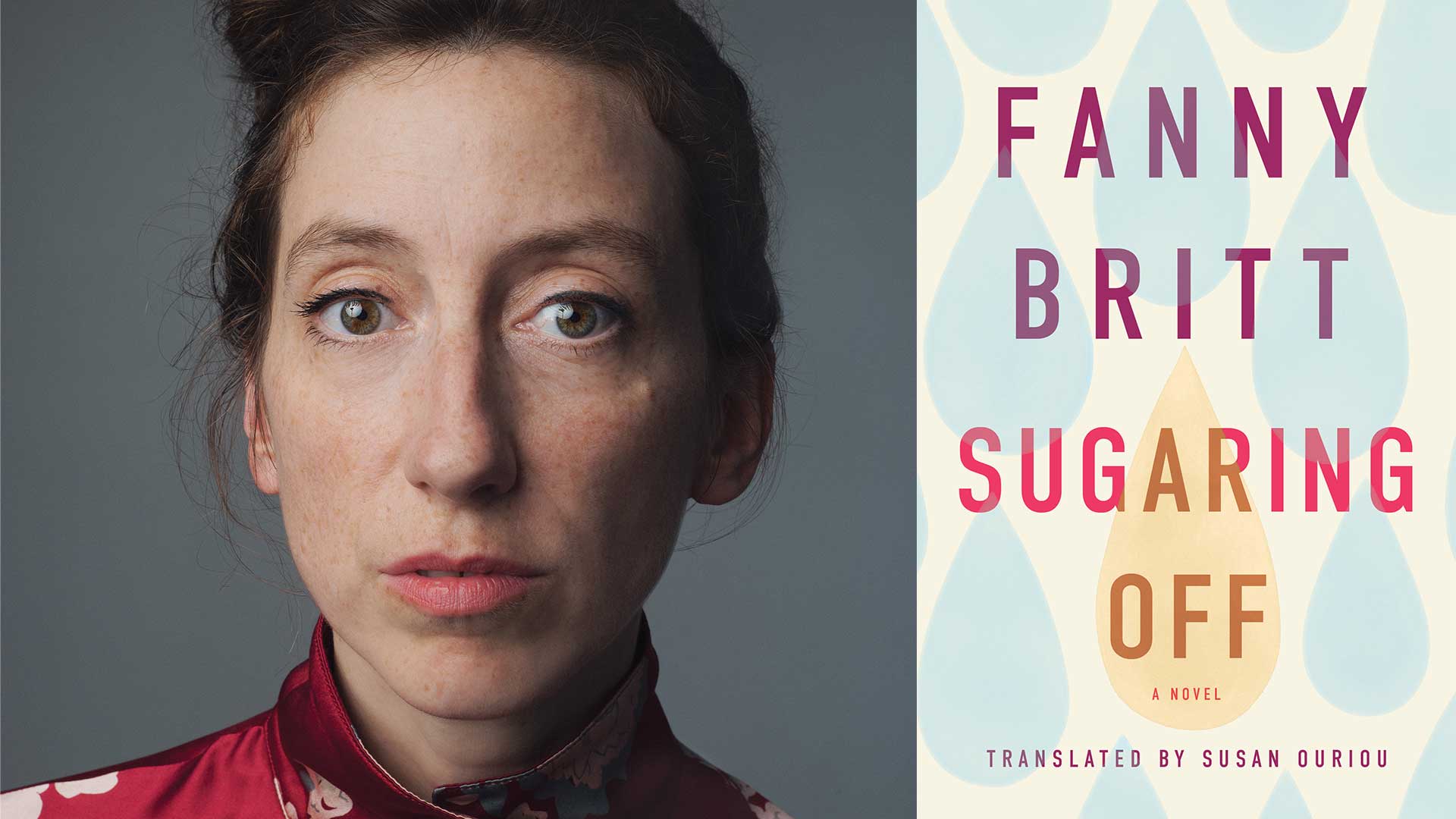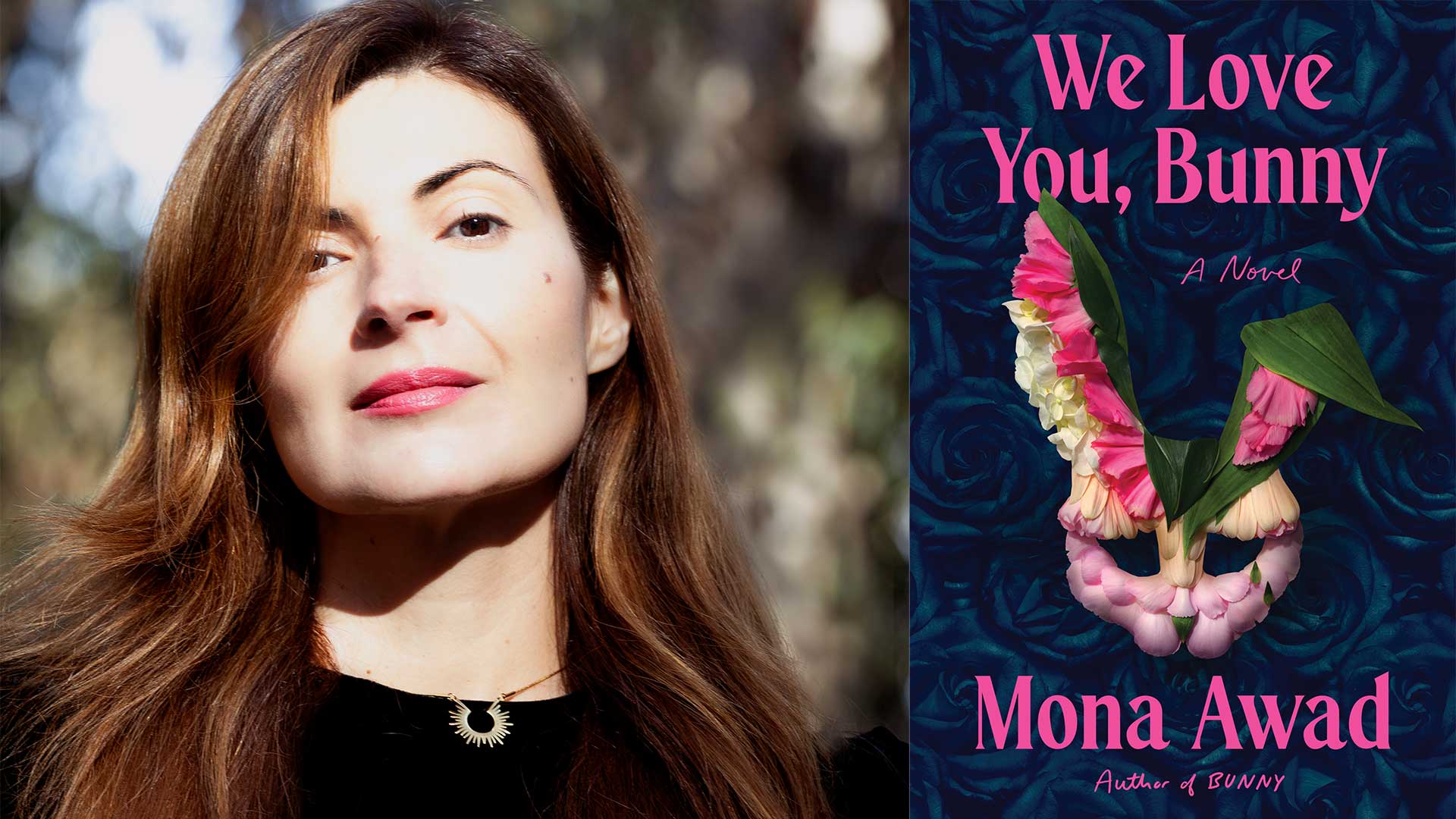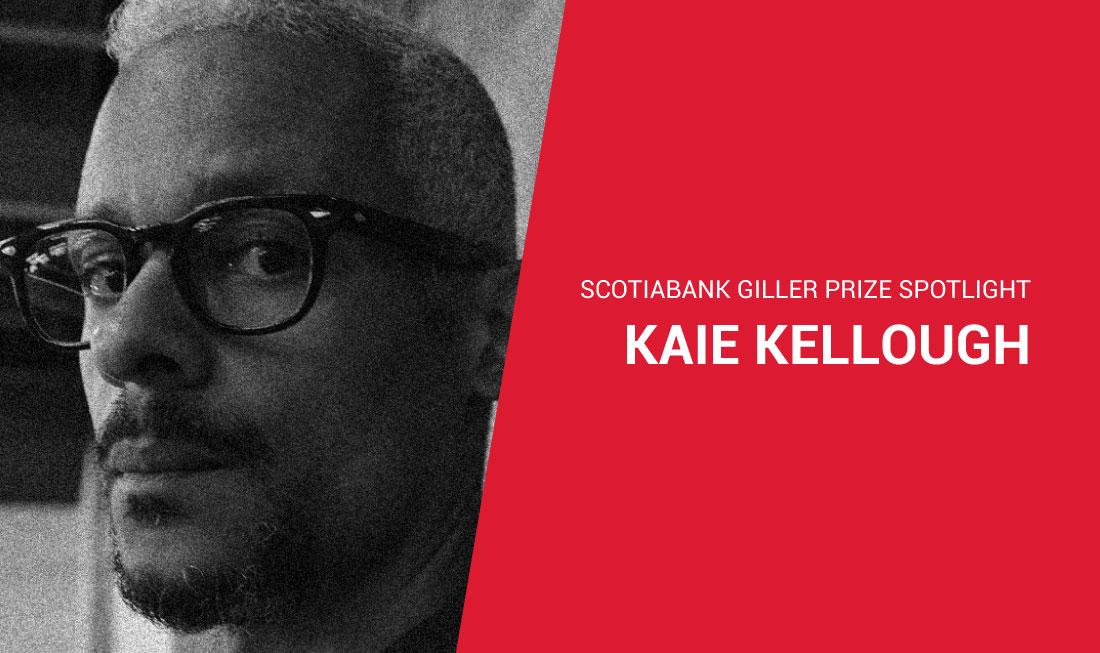
Scotiabank Giller Prize Spotlight: Kaie Kellough
Scotiabank Giller Prize Spotlight: Kaie Kellough
September 20, 2020
Kaie Kellough’s short story collection, Dominoes At The Crossroads has been longlisted for the 2020 Scotiabank Giller Prize.
Kaie Kellough is a novelist, sound performer, and poet. His latest collection of poems, Magnetic Equator, was released by McClelland and Stewart in March 2019. His novel Accordéon, published in 2016, was shortlisted for the Amazon.ca First Novel Award. He has released two audio recordings that explore sound poetics with instrumentation. His work migrates between poetry and fiction, between Canada and the Caribbean, and between text and sound. He lives in Montreal.
What/who inspires you to write?
I can endlessly contemplate the various diasporas that meet in my family. I often trace and retrace the routes that immediate and distant relatives traveled. It is a perennial source of wonder that those crossings somehow produced me, and that I have found my way to this time and place.
Do you have a favourite passage/quote from a book?
One quote that amazes and moves me, from among the many in Kamau Brathwaite’s oeuvre, is in his poem Caliban:
“…sun coming up
and the drummers are praising me
out of the dark
and the dumb gods are raising me
up
up
up
and the music is saving me
hot
slow
step
on the burning ground.”
I hear this passage read in the voice of the poet Kwame Dawes, whose reading of the poem somehow feels both immediate and ancient.
Where is your favourite place to write?
In a pool of light.
Is there an activity you do to help inspire your writing?
I don’t have any strategies for finding inspiration, but I approach the process of writing as a process of becoming. I gradually become the person who completes a particular work. I have to live with the work as it develops and allow myself to change with it.
Do you have a tradition for every time you finish a book?
When I finish a book my instinct isn’t to celebrate. I always feel subdued, as if I’ve finally come to the end of a particular passage in my life, one that I will never experience again.
What are you reading now?
It’s impossible to read one book alone, so I’m always splicing one book inside another inside another, ad infinitum. Among them:
Fiction: Roberto Bolaño’s Woes of the True Policeman
Poetry: Lorna Goodison’s Collected Works (again)
What is your favorite CanLit book?
I’ve read Dionne Brand’s A Map to the Door of No Return half a dozen times, and I’ve bought and given away 2 or 3 copies. I know I’ll continue to return to that book, and I’ll likely continue to give copies away.
What would your job be if you weren’t an author?
Author is a role, an identity, but not my job. I earn my living in the business world, which I would do if I wasn’t a writer. But if I were to fantasize, I like to think I’d have spent my 20s and 30s touring the world in a reggae band, and perhaps given up touring to manage a recording studio in California, or a music festival in Barcelona.
What is your favourite book from childhood?
I don’t remember much of what I read then, but I was always drawn to the title The Hitchhiker’s Guide to the Galaxy.
Is there a book that you find yourself reading over and over again?
I’m fascinated by the books I’ve started over and over but that I haven’t succeeded in finishing. 100 Years of Solitude is such a book. And that’s not a criticism of the book, but rather a criticism of myself as a reader. It’s also a thought about the relationship that a person cultivates with a work, how even an impasse is a reading experience.
How did you know you wanted to be an author?
I’ve always been attracted to the sounds, images, and curious ideas that words in odd combinations could produce. I’ve always enjoyed the contrast between the instinctive ease with which we can arrange words to describe places, sequences of events, or states of mind, and how complex that process becomes when it’s applied to a large project like a novel.
What inspired you to write your Scotiabank Giller Prize-nominated book?
As a sound poet I’ve crossed the country a few times over the past 25 years. I’ve long thought that the Caribbean Canadian sensibility is stitched into the entire country. I wanted to thread various historical episodes into that seam. I wanted to play with the idea that as Black people in Canada, with roots in the Caribbean and beyond, it can feel necessary to bring the entire history of the Americas to bear on our understanding of ourselves in the moment. I like that accumulation of pasts in the present, that welcoming of one’s total history.
What do you hope readers take away from your book?
New eyes, an awareness of the present moment as an extension of the past, a sense that any self is made of others, contains pasts and possible futures, and is always incomplete.
Share this article
Follow us
Important Dates
- Submission Deadline 1:
February 14, 2025 - Submission Deadline 2:
April 17, 2025 - Submission Deadline 3:
June 20, 2025 - Submission Deadline 4:
August 15, 2025 - Longlist Announcement:
September 15, 2025 - Shortlist Announcement:
October 6, 2025 - Winner Announcement:
November 17, 2025
